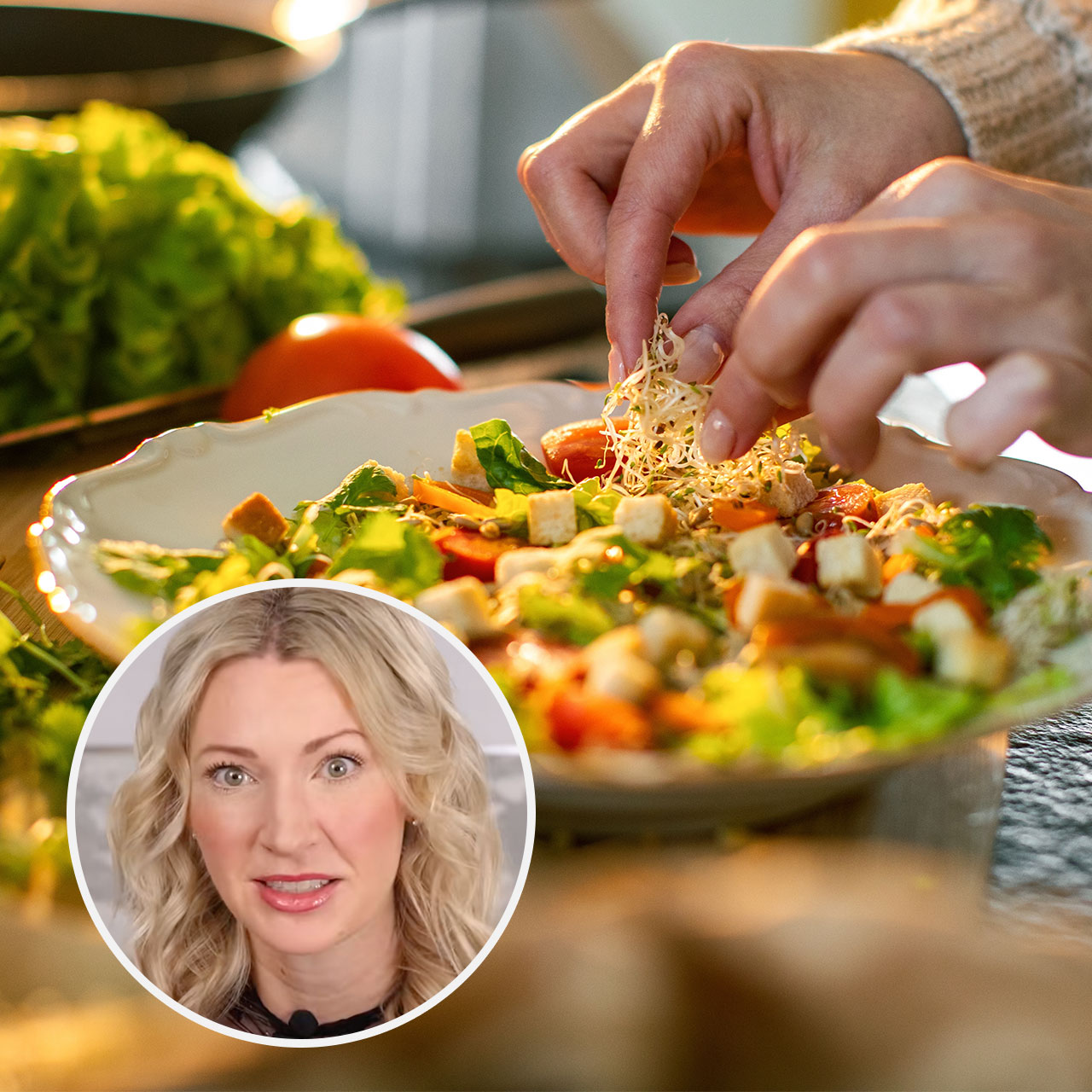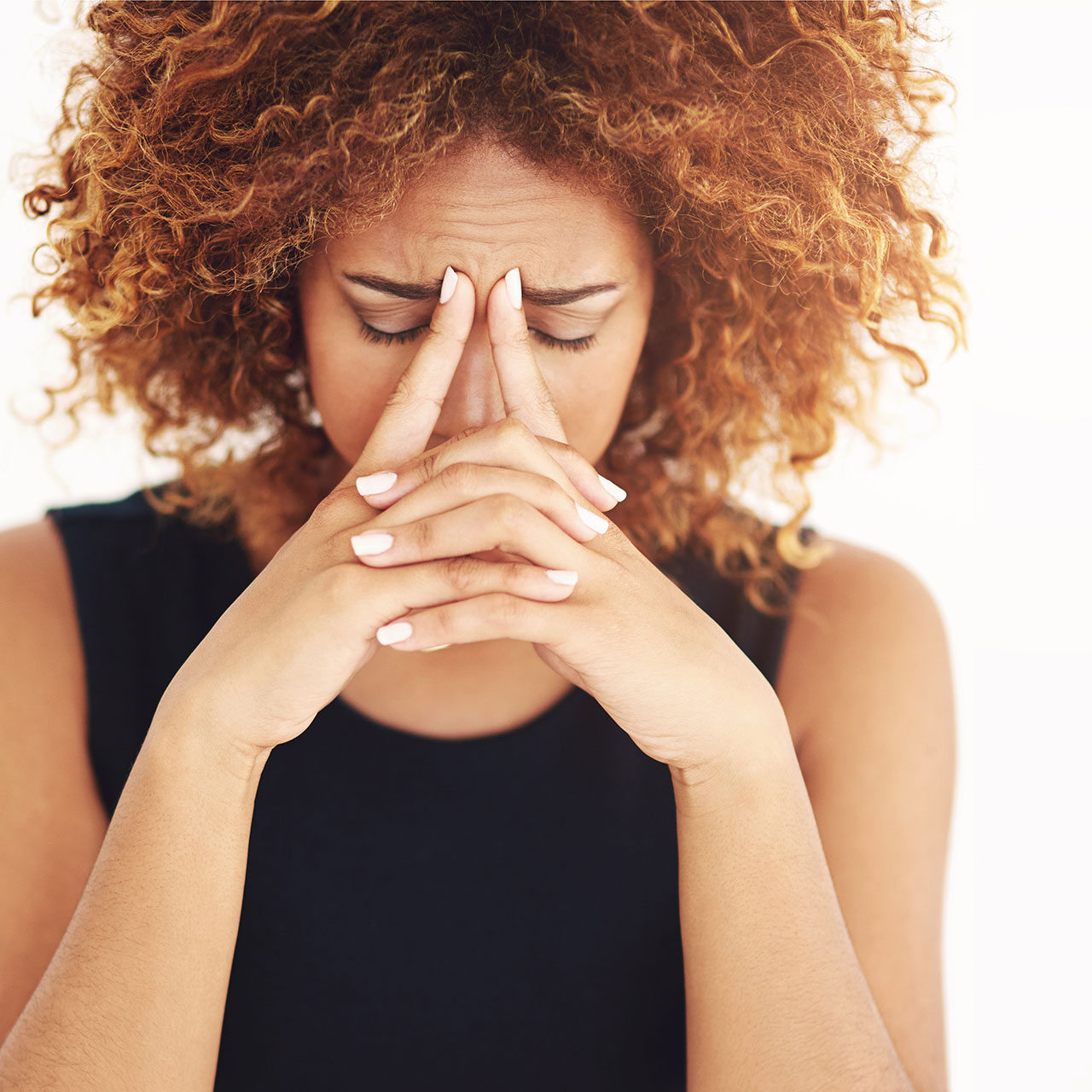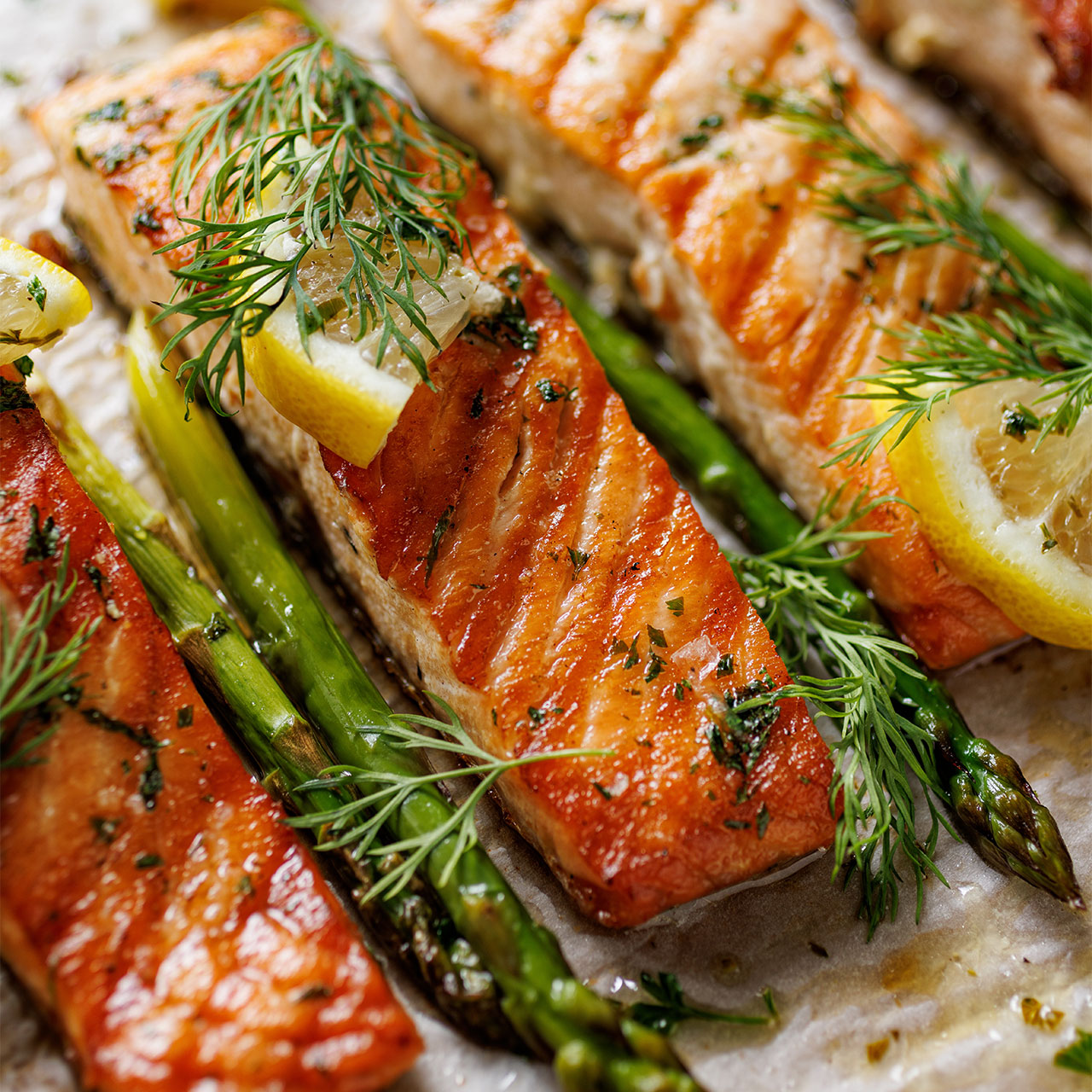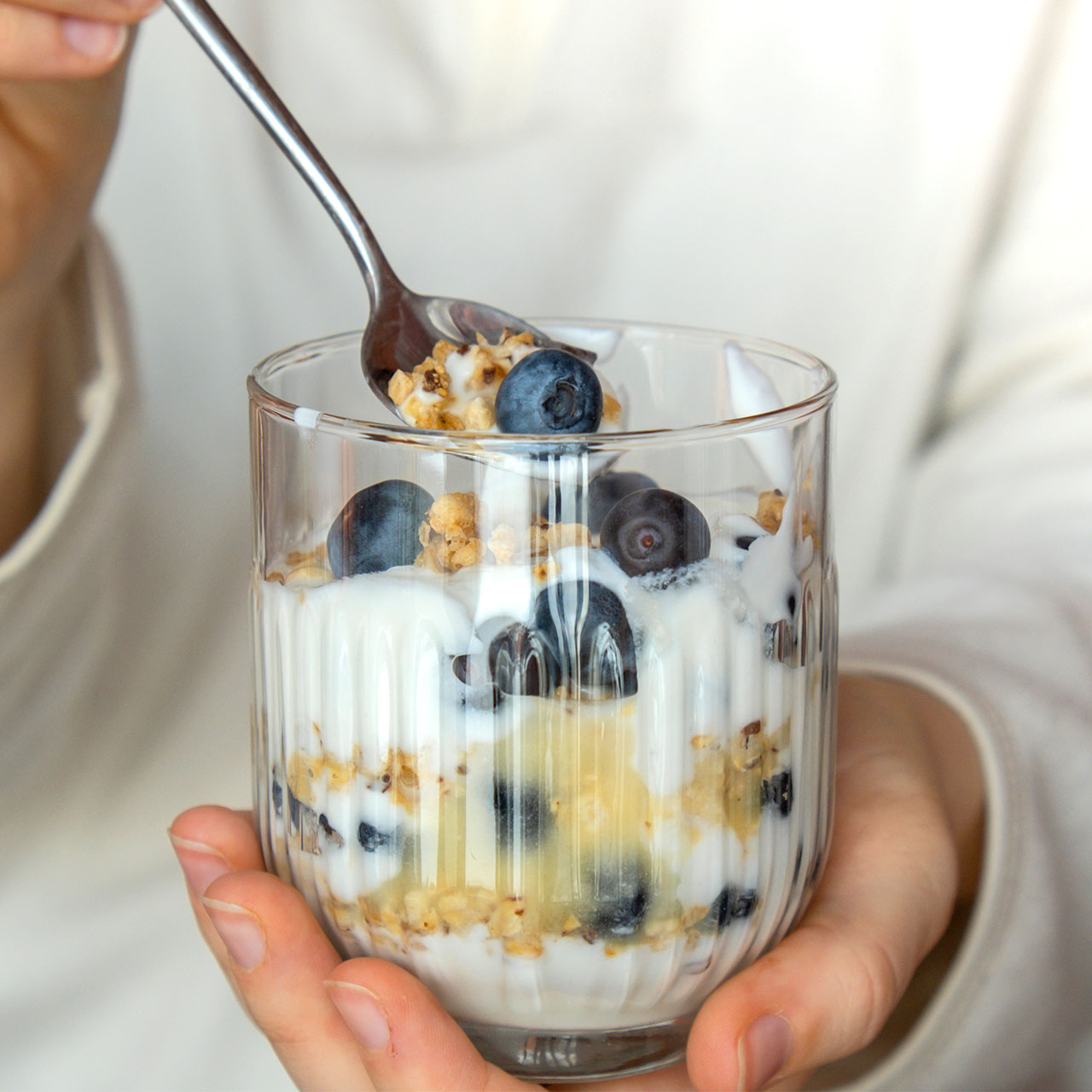
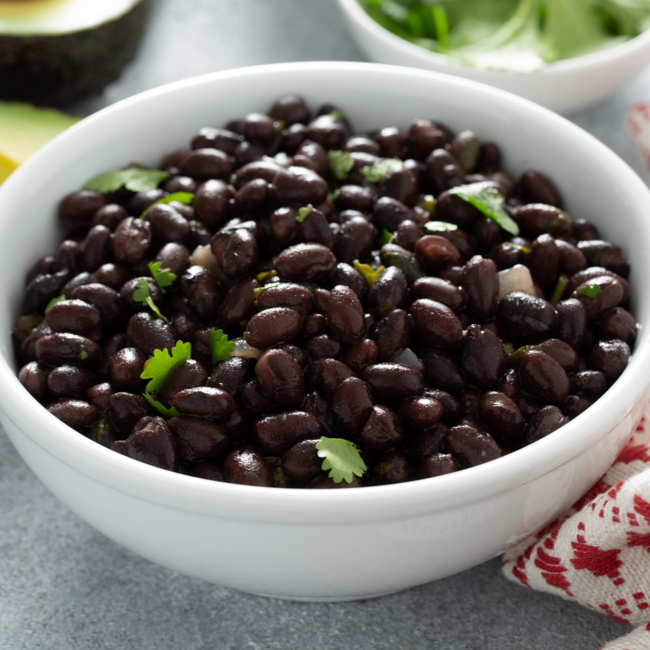
1. Beans
While beans are highly nutritious, Mitri says, they can also cause "significant bloat" in many people. This, she explains, is because beans "contain sugars called alpha-galactosides which are fermented by gut bacteria," producing gas in the process. To reduce the risk of bloat, she suggests to "choose easier to digest beans like pinto and black beans." Soaking them can also help remove some of these hard-to-digest sugars.

2. Cruciferous Vegetables
Green and healthy veggies like broccoli, cauliflower, and brussel sprouts are all considered 'cruciferous vegetables,' Mitri says, as they are "high in FODMAPs, fermentable sugars" that can be difficult to digest. Eating them in moderation or earlier in the day (if you're prone to bloating), she notes, is key. "Other healthy alternatives include lettuce, spinach, sweet potatoes, or zucchini," she recommends.
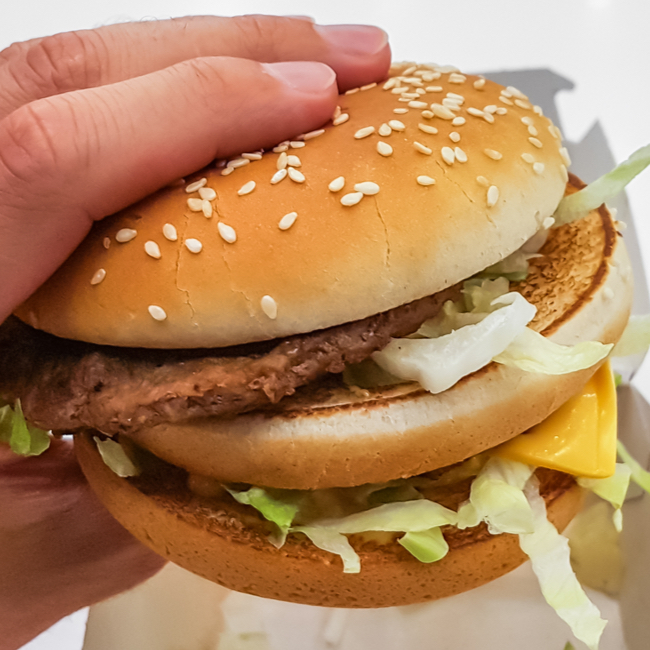
3. Hamburgers
Any greasy food is not your best bet if you're trying to avoid bloating, Richards says. With "greasy foods like hamburgers," she specifies, "the excess grease can cause stomach and digestion issues that can keep you up at night" by sending you to the "bathroom several times" or even causing heartburn. Additionally, Richards warns that adding spicy toppings can have a similar undesirable effect. Spicy food can cause "GI upset like heartburn and reflux," she says, and "this will cause restlessness and pain that will keep you up and potentially cause undue stress and anxiety."
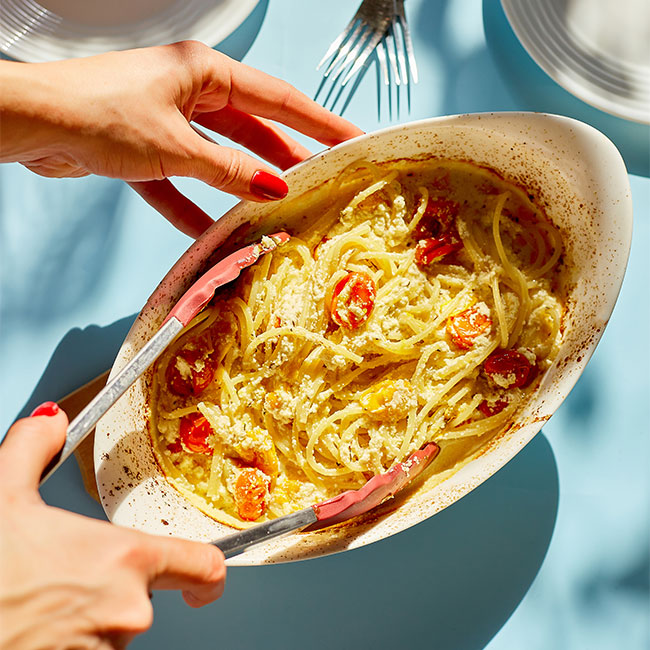
4. Pasta
While it's versatile, beloved and great for your health in many ways, Richards still stresses that pasta is not an "ideal food to eat at night." This, she notes, is because it is "typically made from refined carbohydrates" which are broken down and stored as fat quickly. If you are going to eat pasta before bed, which is "still not ideal," she concludes, you should "consider a whole wheat or whole grain pasta" instead, to help prevent weight gain and bloating.










